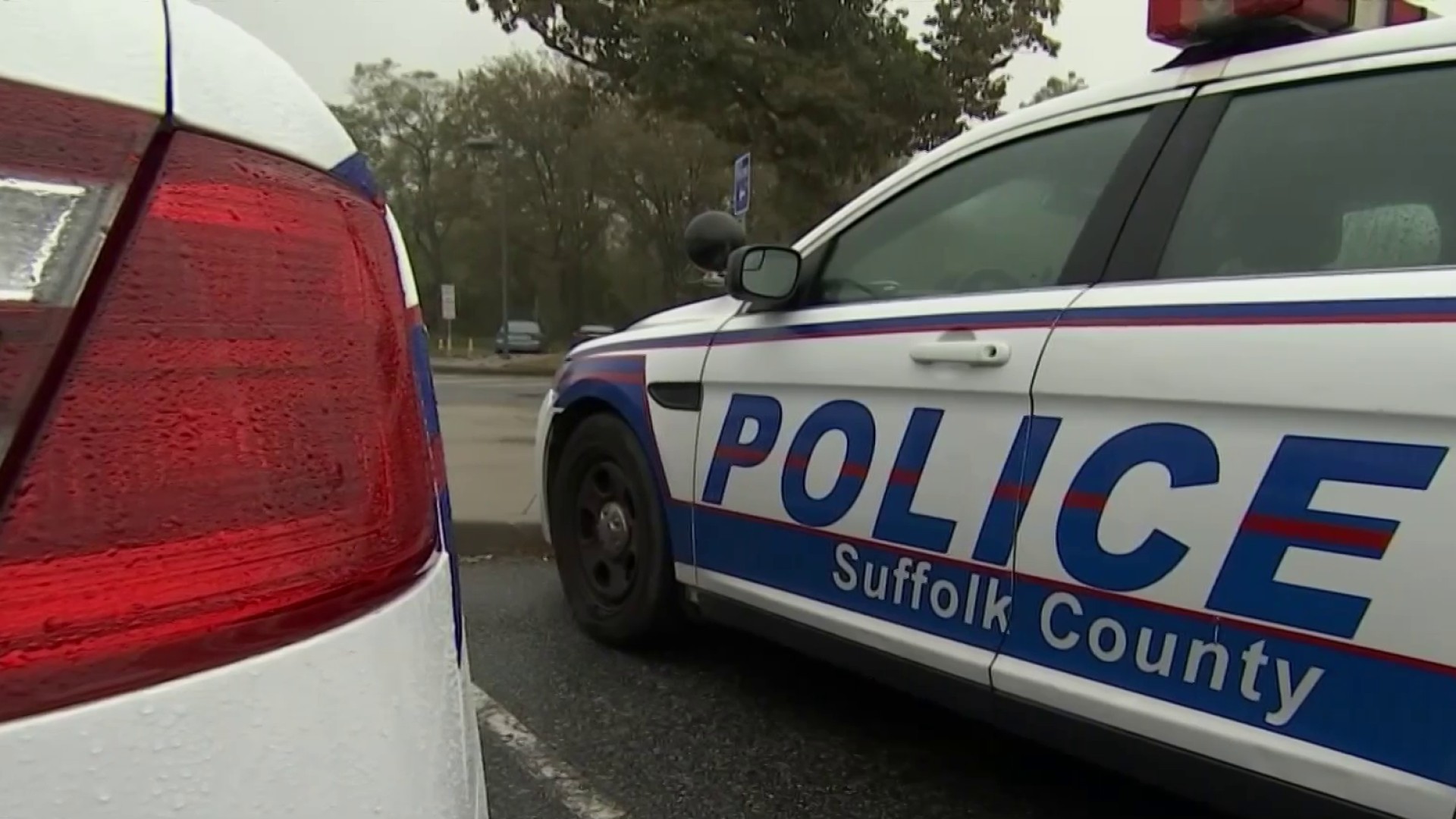An al-Qaida terrorist who has been set free onto the streets of New York said he still supports killing Americans overseas, including civilians.
Mohammed Junaid Babar "still supports today the killing of American military service members on battlefields in Muslim countries. Babar has advised that he also supports the killing of Americans (both military and civilian) in Muslim countries 'occupied' by the United States,'" federal prosecutors said in records summarizing the views of this terrorist turned cooperator.
Details of Babar's beliefs are contained in a once-secret November 2010 letter to federal judge Victor Marrero.
Prosecutors had argued in that letter that despite Babar's crimes, his cooperation with the FBI was "extraordinary" after his arrest and he thus deserved a reduced sentence. Judge Marrero set Babar free after having served just four years in prison, even though Babar faced up to 70 years for his terrorist activity.
Babar admitted to helping set up a terror training camp for al-Qaida terrorists in Pakistan. He said he also sent needed supplies to terror leaders in Pakistan. And officials said several of the terrorists he helped train later went on to help in the plot to bomb the subways in London.
Babar also admitted he talked with al-Qaida leaders about bombing the French embassy, an English library and other targets in Pakistan although "these discussions ... did not advance beyond the planning stage," prosecutors said.
Senator Charles Schumer (D) New York - who sits on the Judiciary Committee - said he wants answers as to why Babar was set free even though he apparently still voices support for attacks on Americans overseas.
Local
"We certainly need a good, strong explanation from the authorities,"Schumer said. "I'd like to see an explanation why somebody who still expresses vioence should be let out."
Officials are not saying where in New York City Babar is now living. He had lived in Jamaica, Queens at the time of his arrest.
Videotapes taken after the Sept. 11 terrorist attacks show Babar in Pakistan vowing to "kill Americans" and "to kill every American I see in Afghanistan."
After his arrest, Babar cooperated fully with U.S., British and Canadian counter-terrorism officials, investigators said. Prosecutors said Babar was upfront and truthful in his more than six years of cooperation.
Babar told authorities how he had numerous meetings in Pakistan with the then-No. 3 al-Qaida
leader Hadi al Iraqi.
Babar also was called to testify at four separate trials in Britain and Canada. His testimony helped convict numerous terrorists involved in plotting attacks overseas. Prosecutors called his cooperation "critical to the ultimate convictions secured in those cases."
"He set up a terrorist training camp for al Qaeda in Pakistan which is the headquarters for al Qaeda. If anyone is a danger it is someone like this," said NBC terrorism analyst Evan Kohlmann. "If you look at a parole hearing ... there's no way someone like this would get out ... not a chance." Kohlmann suggested a rehabilitation program for terrorists should be implemented whether a suspect served 4 years or 20 years.
NBC New York and the New York Times pressed a federal judge to make public all documents related to Babar's secret release. Several documents, including the letter where prosecutors ask for Babar's reduced sentence, were made public just this week -- three months after Babar was set free.
In their letter seeking a reduced sentence, prosecutors stressed there is no evidence Babar ever plotted or supported an attack inside the United States.
In a transcript of his sentencing, Babar never apologized for his role in al-Qaida but he said he does "regret any of the other choices that I have made in my past."
Babar said he plans to live with his family and finish school.
Relatives of some of the victims killed in the subway bombings in London have expressed outrage at Babar's release. Questions continue as to whether Babar failed to identify two of the London bombers -- Shehzad Tanweer and Mohammad Siddique Khan -- even though Babar had apparently met them in the past.
British authorities also may have failed to provide quality surveillance photos in advance for Babar's review, which could have helped make an identification, the Guardian newspaper has reported.
"I think it shows the problem with handling these cases in federal court," said former federal prosecutor Annemarie McAvoy, who supports trying terrorists in military tribunals.
A spokeswoman for U.S. Attorney Preet Bharara declined comment.
But former U.S. attorney David Kelley said, "The track record in civilian courts in both prosecuting terror cases and using cooperators from the embassy bombings case to the Sheik Rahman case to the Millenium bombing case have all met with extraordinary success. And that's not to mention the terrorist acts that were stopped because of those cooperators."
Kelley declined to comment on the Babar case but said with cooperators there needs to be an incentive to get their cooperation. "There is a balancing that has to be done between how dangerous a person is and how much information he has to give."
Jonathan Dienst in WNBC's Chief Investigative Reporter
WNBC Jonathan Dienst



